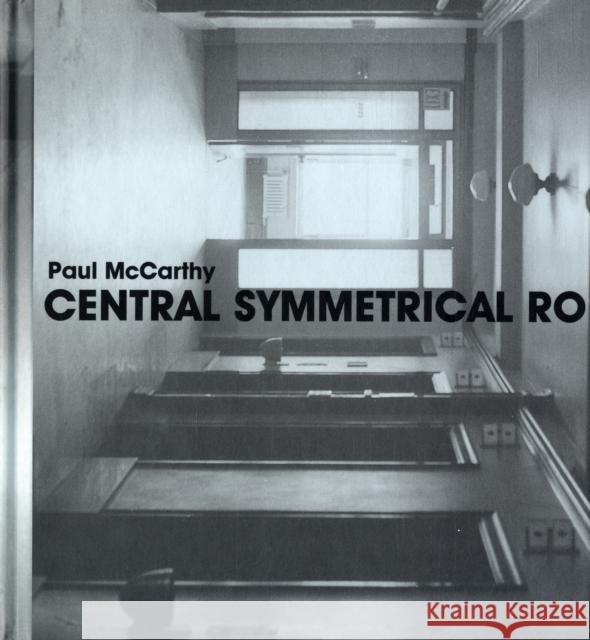Paul McCarthy: Central Symmetrical Rotation Movement: Three Installations, Two Films » książka
Paul McCarthy: Central Symmetrical Rotation Movement: Three Installations, Two Films
ISBN-13: 9780300141382 / Angielski / Twarda / 2008 / 69 str.
This is the first publication to explore the role of mirrors, spinning, and "neurotic" architecture--a feeling of psychological breakdown--in the work of one of America's most important contemporary artists, Paul McCarthy (b. 1945). The book is published in conjunction with a major exhibition at the Whitney, for which McCarthy is creating two new installations to appear alongside his Bang Bang Room (1992) and two recently rediscovered film loops (1966, 1971). Each work involves a room structure that the viewer can step into and experience--often becoming disoriented as either the floor or entire structure spins, or as walls fold inward and outward. By comparing McCarthy's use of rotational movement and visual effects to that of other artists of the 1960s and1970s, the author seeks a new understanding of this bold innovator. An interview with McCarthy himself offers an unprecedented discussion of the influences on his art--including experimental filmmakers Stan Brakhage, Stan Vanderbeek, and Bruce Conner. The book not only raises new points but also recovers information and images from films once lost.











